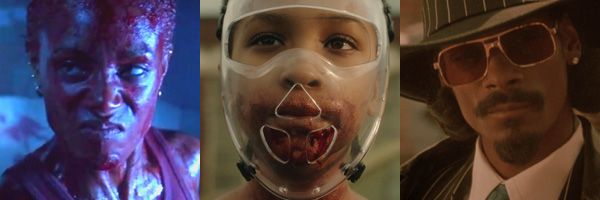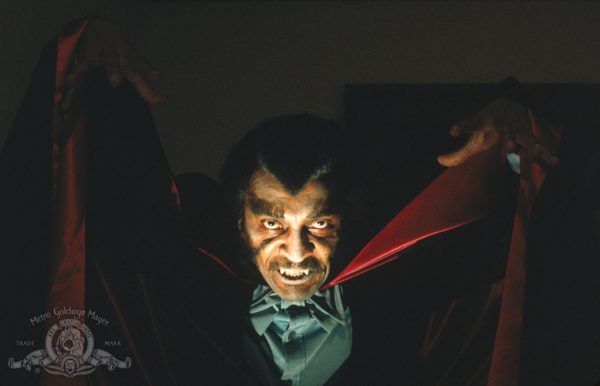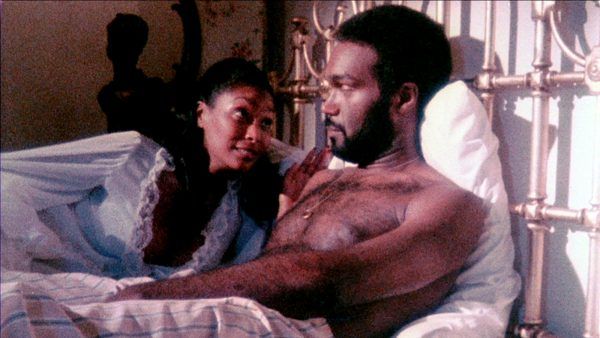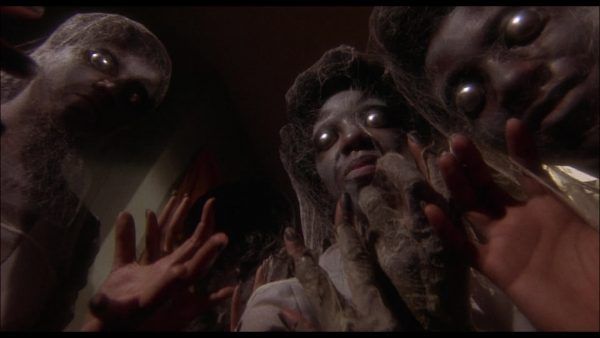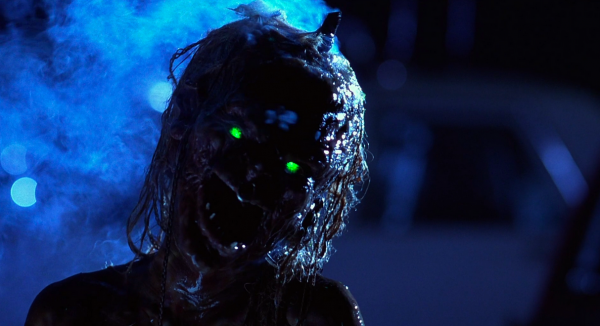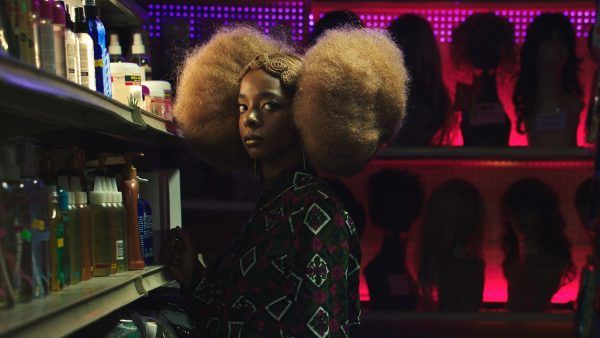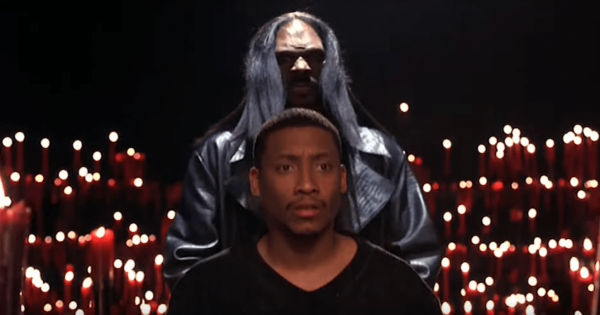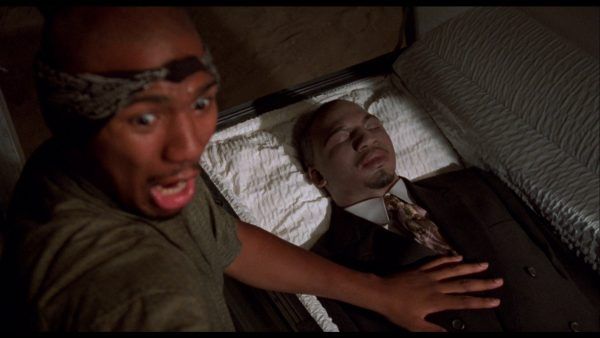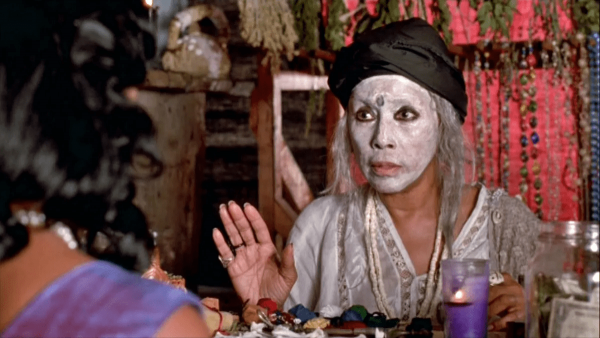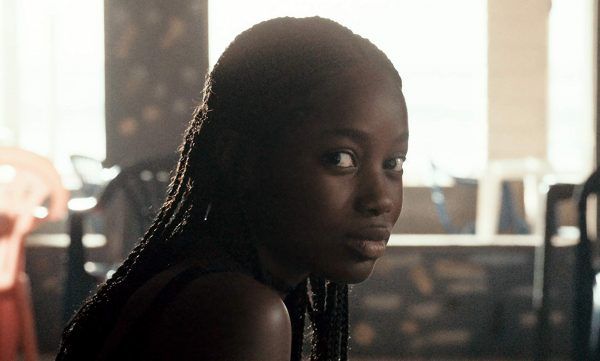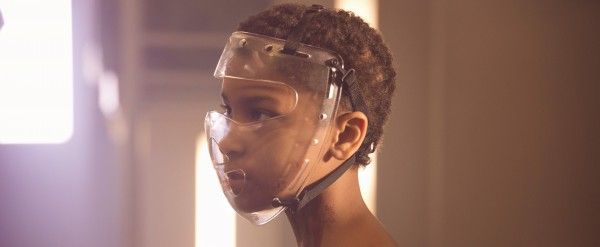Let’s say you’re a horror fan- or someone who just really loved Get Out- and maybe you’ve recently watched the award-winning Shudder documentary, Horror Noire: A History of Black Horror and loved that too. So where to go from here? Like all pathways to someplace new, it can be challenging to know where to start, particularly once you discover Get Out and Candyman are part of a broader tradition going back way further than 1968’s Night of the Living Dead, or even the 1930’s when Zora Neale Hurston was studying zombie myths in Haiti and Hollywood was busy making monsters out of Black and queer folks.
As fiction writer, professor, and executive producer, Tananarive Due famously states in the documentary, “Black history is Black horror,” and this tradition accounts for so much more than what may be reduced to a subgenre. For those of us who understand horror as a way of looking and being in the world, it represents a rejection of the lies told by a society which has thrived turning us into the monsters or erasing us altogether.
While this list narrows down the films discussed in Horror Noire, it also includes a couple absent from the doc, but which are definitely examples of Black Horror. Every single one of these films flips the script on the old, tired tropes of the genre, showing us something that isn’t quite new but definitely respected more now than has historically been the case.
It should be obvious that this list is in no way exhaustive but meant as a guide for those just starting out, or who have waded a few films deep and are interested in more, not just because this is a moment of learning for many, but because at the end of the day, these are all just excellent horror movies.
1) Blacula (1972) & Scream Blacula Scream (1973)
I suggest both these films as a double feature namely because they account for the rare case of a sequel being better than the original—which isn’t to say the original is bad. If you remember from Horror Noire,Blacula (played by William Marshall) is significant because he represents the establishment of a distinctly Black rendition of a vampire, even as still operating within the (literally exploitative) blaxploitation framework. While there still exists the ‘pimps & gangsters’ quality, Blacula is beloved for his refinement and worldliness and a ‘monstrosity’ most piqued in moments that echo the violence of enslavement. Blacula loves his people and is sympathetic as the type of monster who complicates our ideas around monstrosity because he doesn’t want to be a vampire. He too is just trying to get free.
2) Ganja & Hess (1973)
It has to be stated that Ganja & Hess is amongst the most beautiful films ever created. If you like something with mood, that’s a bit dreamy and unsuspecting as a horror movie, this one’s definitely for you. A lesser-discussed feature of Black Horror is its element of romance and this might be the most romantic vampire film in the history of vampire films (which is saying something). Apart from being visually stunning, the film follows in Blacula’s footsteps in that it reconstructs the vampire-as-monster to reflect the anxieties of a community ravaged by addiction, illustrating the pinnacle of what Black Horror can do as a cultural technology.
3) Sugar Hill (1974)
Sugar Hill is a personal favorite of the blaxploitation era, if only because I’m a sucker for a vengeance plot. This movie depicts many damaging tropes, but its lead, Sugar (played by Marki Bey) still moves with a certain amount of agency that’s refreshing to watch. She is definitely what Dr. Robin Means Coleman refers to as an Enduring Woman; that is, she is characterized as a bringer of both justice and vengeance, mainly motivated by the murder of her male partner—which doesn’t exactly make her feminist. In typical Hollywood fashion, she uses voodoo (so-called because it doesn’t resemble any actual spiritual religious practice) as her weapon, but its treatment is in a way satisfying, as the practice isn’t really positioned as “evil.” If you can hold the two truths of its colorist and patriarchal tendencies alongside its’ catharsis at once, this film can be a real joy.
4) Tales from the Crypt Presents Demon Knight (1995)
Of all the films on this list, Demon Knight is likely the hardest to find but 100% worth viewing, especially if you’re a fan of the Final Girl trope. Starring Jada Pinkett (pre-Smith) as Jeryline, this feature accounts for one of the few truly great representations of a Black Final Girl in horror history, redefining the parameters of the trope in the process. This is to say nothing of the sheer joy and hilarity inspired by the Cryptkeeper and the trademark horror-camp of a Tales from the Crypt production.
5) Hair Wolf (2019)
Speaking of horror-comedy camp, Mariama Diallo (Random Acts of Flyness) showcases her skills as a contemporary master with her short, Hair Wolf, where the Black salon is the only safe spot in gentrified Brooklyn and you never know if the white girls in bantu knots are moaning brains or braids. Packing layer upon layer of social commentary and real monstrous femininity into a neat twelve minutes, Hair Wolf is an extraordinary example of the brilliance we’re gifted when Black women are both in front of and behind the camera. Unsurprisingly, it’s also aesthetically gorgeous. Watch this to get inspired for the future of horror.
6) Bones (2001)
If you love Candyman and are nipping at the heels for Nia DaCosta’s soon to be released adaptation, Bones is a fun piece to gnaw on in the meantime. Starring Snoop Dogg as a shapeshifting haunt, Ernest Dickerson’s stab at gentrification horror also functions as a biting critique of Black liberalism, which puts its faith in respectability to save us. While definitely somewhat dated, featuring a colorist and frankly bizarre rendition of an interracial family, its story threatens only those who forget who they are and where they come from.
7) Tales from the Hood (1995) & Tales from the Hood 2 (2018)
Unlike Scream Blacula Scream, the sequel to Tales from the Hood doesn’t quite live up to its predecessor, if only because it failed to evolve with its audience and dispel with the colorism (I will say, the last of the anthology’s four tales is indeed harrowing, featuring a premise close to the upcoming Antebellum). The original however, is an excellent reminder of the unfortunate fact of how little headway we’ve made as a country combatting an anti-Blackness that is part of its’ very DNA. Tackling overarching themes concerned with police brutality, domestic abuse, toxic masculinity, and structural racism overall, Tales from the Hood continues to be a painfully relevant watch over twenty-plus years since its original release.
8) Eve's Bayou (1997)
Eve’s Bayou is a film about memory and let me tell you, I remember seeing it in theaters as a child (at just about Jurnee Smollett’s titular character’s age) and this movie scared the shit out of me. Opening with the striking introduction, “Memory is a selection of images, some elusive, others printed indelibly on the brain. The summer I killed my father, I was 10 years old”- writer/director, Kasi Lemmons introduces a framework for exploring a type of horror which is of the more subtle variety: namely, the disorienting terror of childhood, and the difficulties of parsing out the everyday monsters who live and walk amongst us. It’s also about the beauty and magic of Black girlhood, offering a rarer-than-should-be-the-case glimpse of the world from ourperspective.
9) Atlantics (2019)
There are likely a bunch of purists squinting their eyes at this one, but Atlantics undoubtedly operates within the Black Horror tradition, tapping into the same narrative legacy as many of the films on this list. As I noted previously, romance is elemental within Black Horror. In this contemporary adaptation of Romeo & Juliet, French-Senegalese director Mati Diop redefines the possibilities of the possession narrative alongside a heart-wrenchingly beautiful ghost story that also offers a biting critique of patriarchal capitalism. In Atlantics, those who are lost never really leave, but rather guide us into ourselves.
10) The Girl with All the Gifts (2016)
I wanted to end on this film because despite its’ status as a straight up zombie apocalypse movie, its message is one of hope, and I think we all need some of that right about now. Where most monster movies are structured with the protagonist in opposition to and seeking to destroy ‘the monster’ (whatever that may represent), The Girl with All the Gifts subverts this formula to position the protagonist as the monster herself. Melanie (Sennia Nanua) “presents” as a precocious young Black girl incarcerated as a military test subject, but we discover is a human-“hungry” hybrid and the key to a vaccine for the deadly fungal virus which has overtaken the world. This film challenges everything the audience may take for granted about ‘humanity’ and forces us to reconsider our most kneejerk presumptions about who exactly the monsters in society are.

